According to the 51-year-old Priest, White Fathers have the best system of handing over Church projects to dioceses.
“White Fathers initiate the handing over process by first asking the Bishop of a particular diocese to identify the best suited Priest to take over the project,” he explains and continues, “The priest is then given a scholarship to study in the particular project are and allowed, on completing his studies, to work for a while with the founder under observation before he is allowed to take over the project. Even then, the founder hangs around for a while trying to provide guidance and support until they are satisfied that the project is in good hands.”
Fr. Andrew suggests that the Church in Africa starts looking at Catholic Projects as family businesses that require succession planning and management to prepare younger people to take over.
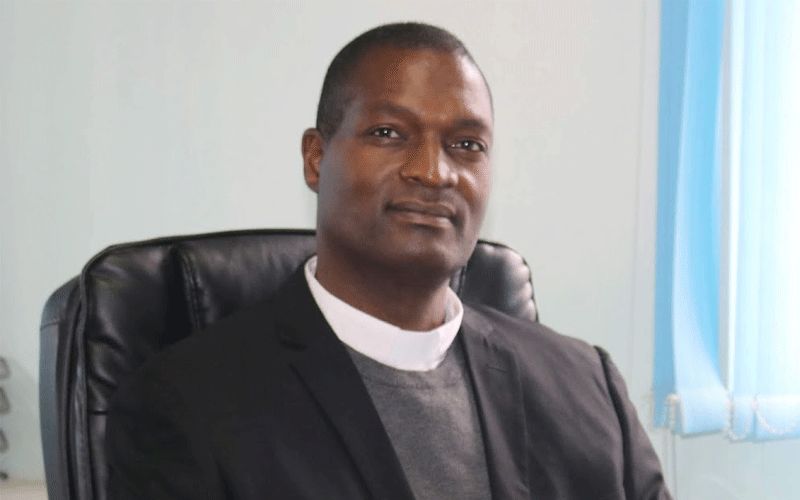 “We talk of the Church as a family and we therefore need to start looking at familial entrepreneurship in our Church-run projects. How do we run family businesses? It is all about preparing the young ones to take over,” he says.
“We talk of the Church as a family and we therefore need to start looking at familial entrepreneurship in our Church-run projects. How do we run family businesses? It is all about preparing the young ones to take over,” he says.
Additionally, there is a need, the Priest says, for Catholic media institutions to adapt to new realities and to answer to the needs of the Church.
(Story continues below)
“Catholic projects including schools and hospitals and even media institutions are usually not for income generation. They exist to answer the needs of the Church and they can’t survive if they don’t respond to these needs,” he says.
On whether or not Church projects can be used to generate profit, Fr. Andrew says he finds no fault in these projects bringing in money for their own sustainability. But there is a catch.
“Is it justifiable for the Catholic Church to make money from its economic projects?” he poses, and asserts, “It is allowed. Provided it is for the good of the people and not to enrich a particular individual.”
The member of the Montfort Missionaries, a Religious Order that is also known as the Company of Mary, says that Catholic media institutions in Africa play a crucial role of propagating the Catholic faith but continue to face challenges that cut across the continent, key among them overreliance on external funding.
“There is no guarantee for future sustainability of our Church media if we continue depending on external donors. We need to have African solutions to our Africa problems,” Fr. Andrew says.
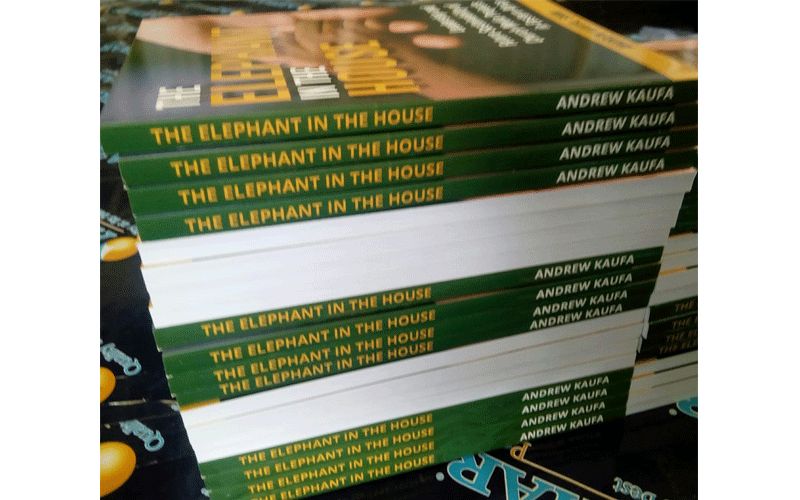 He adds, “We need to move away from continually writing funding proposals and interrogate what secular media are doing to survive.”
He adds, “We need to move away from continually writing funding proposals and interrogate what secular media are doing to survive.”
It is also high time dioceses started considering lay people for the management of Church projects, he says, adding that in the past, the Church has been hesitant to empower the lay people to lead some of the Church projects “when some of them are so good at it.”
Fr. Andrew has also authored spiritual books including “You Follow Me” published in 2005 and “The Song of Mary” released in 2009.
Published by the Franciscan Kolbe Press in Nairobi, the new book which the Cleric says is an eye-opener for individuals and organizations who wish to see “a successful sustainability of service-oriented projects” will be launched at one of the Catholic institutions in Nairobi, Kenya.
“We just came out of press of Friday and I am thinking of launching it at either Hekima College or Tangaza University,” he says, adding that he is in talks with learning institutions in Kenya, Uganda, Tanzania, Malawi and other African countries to purchase the book for their learners taking media studies and management courses.
Those who wish to purchase the book that goes for Sh800 (USD 8) will get it from the Catholic bookshop at the Holy Family Basilica, Nairobi, from the AMECEA Secretariat and from the Montfort Bookshop in Malawi. The publication is also available as an eBook on Amazon bookstore.
Agnes Aineah is a Kenyan journalist with a background in digital and newspaper reporting. She holds a Master of Arts in Digital Journalism from the Aga Khan University, Graduate School of Media and Communications and a Bachelor's Degree in Linguistics, Media and Communications from Kenya's Moi University. Agnes currently serves as a journalist for ACI Africa.
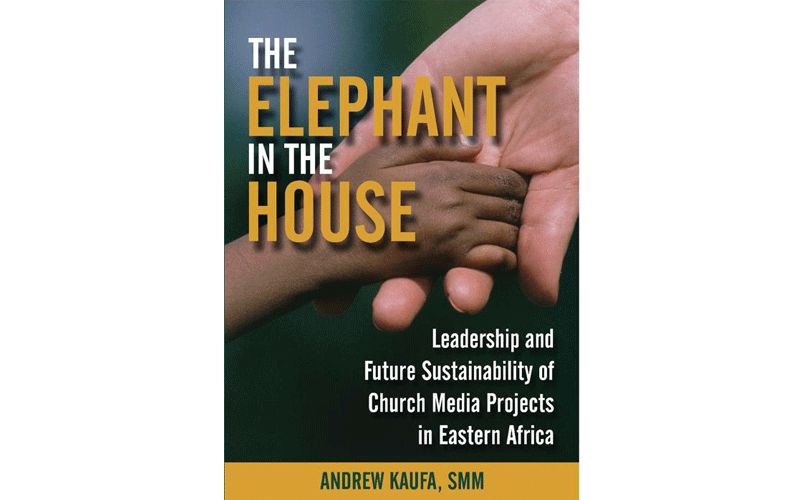 The Malawian-born Cleric who coordinates the Social Communications department of the Association of Member Episcopal Conferences in Eastern Africa (AMECEA) says he was inspired to probe the challenges facing Church projects in 2007 while pursuing his Master's degree in Media Studies at Daystar university in Kenya’s capital, Nairobi.
The Malawian-born Cleric who coordinates the Social Communications department of the Association of Member Episcopal Conferences in Eastern Africa (AMECEA) says he was inspired to probe the challenges facing Church projects in 2007 while pursuing his Master's degree in Media Studies at Daystar university in Kenya’s capital, Nairobi.


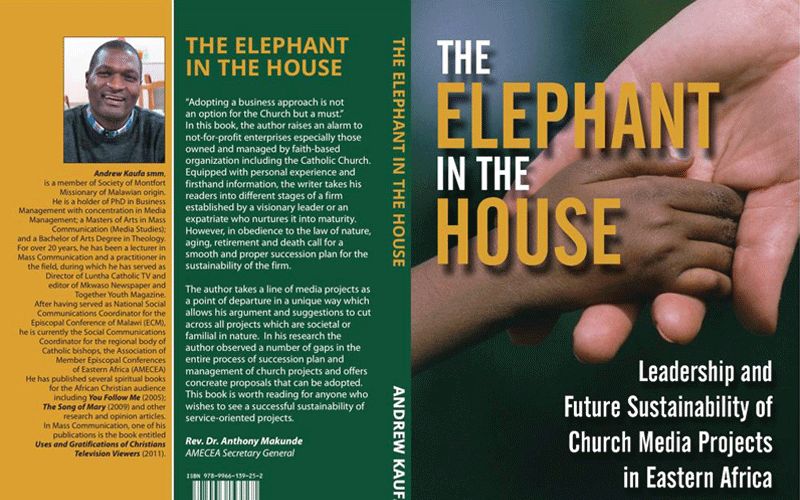

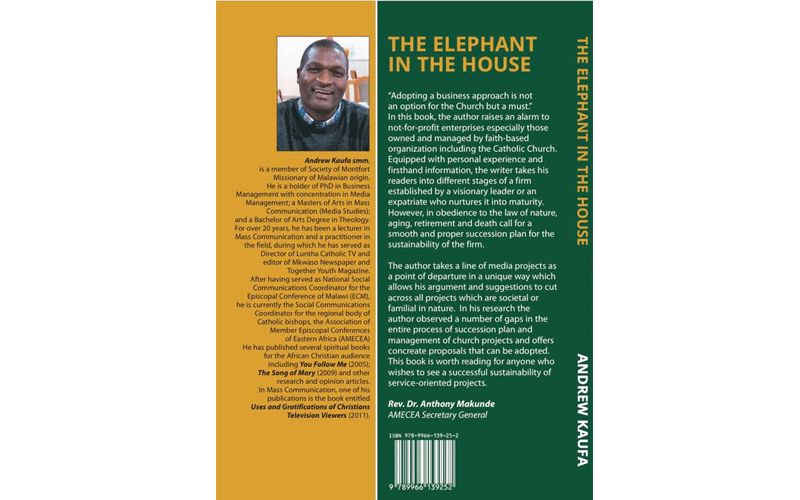
 “We talk of the Church as a family and we therefore need to start looking at familial entrepreneurship in our Church-run projects. How do we run family businesses? It is all about preparing the young ones to take over,” he says.
“We talk of the Church as a family and we therefore need to start looking at familial entrepreneurship in our Church-run projects. How do we run family businesses? It is all about preparing the young ones to take over,” he says. He adds, “We need to move away from continually writing funding proposals and interrogate what secular media are doing to survive.”
He adds, “We need to move away from continually writing funding proposals and interrogate what secular media are doing to survive.”


